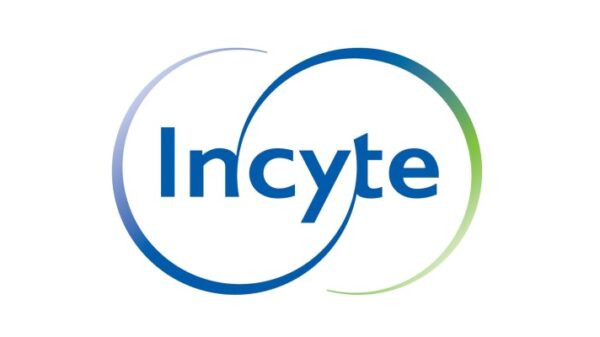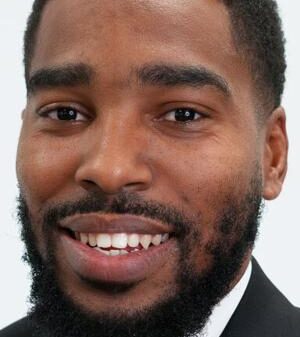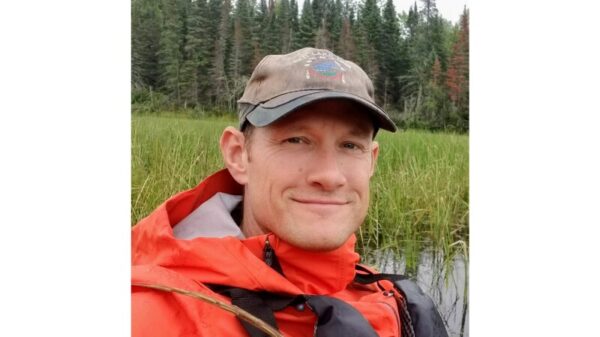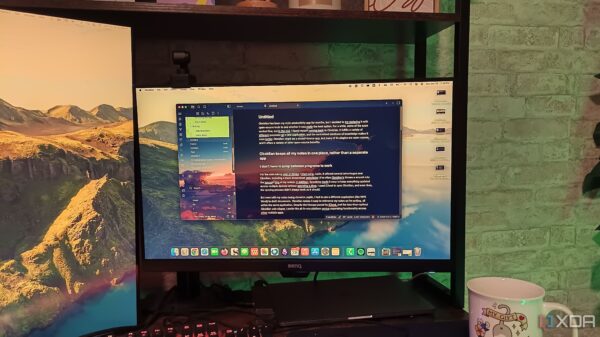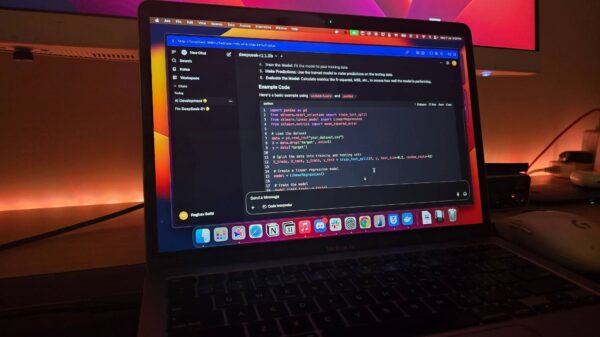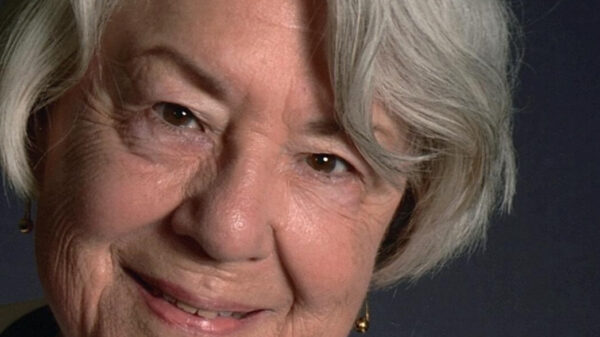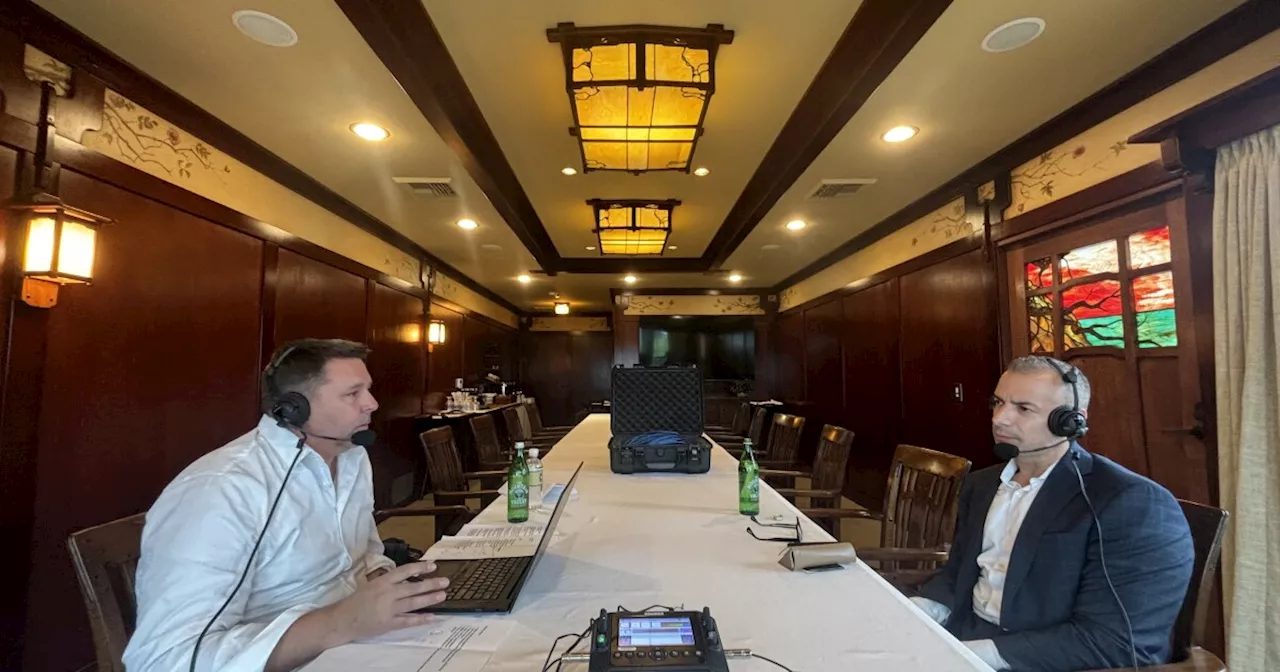The recent KPBS Roundtable featured an engaging discussion with A Martínez, co-host of NPR’s Morning Edition and the Up First podcast. During the event, he shared insights into his unique journey in public media, the impact of immigration policies, and the financial challenges facing San Diego County due to Proposition 36.
Martínez, who has been a prominent figure on NPR since 2021, described how he transitioned from a sports radio host to one of public radio’s recognizable voices. He emphasized that his background in sports journalism helped him appreciate storytelling’s role in connecting people across various communities. Growing up in Koreatown, Los Angeles, Martínez reflected on his diverse upbringing and how it shaped his perspective on media and society.
In his conversation, Martínez highlighted the evolution of public radio, particularly in response to changing audience expectations. He noted that the current media landscape requires hosts to be more relatable and transparent, fostering trust with listeners. “If I can do a little bit that gets somebody to say, ‘Oh yeah, you know what? There’s a different human side to this reporter,’ I think that goes a long way toward establishing that trust,” he stated.
Following Martínez’s segment, the discussion shifted to the pressing issue of immigration law. Gustavo Solis, KPBS’s investigative border reporter, provided an in-depth analysis of how immigration attorneys are increasingly relying on habeas corpus petitions to challenge unlawful detentions. This legal strategy, rooted in the U.S. Constitution, allows lawyers to contest the government’s authority to detain individuals without due process. Solis noted that these petitions are being filed at unprecedented rates, reflecting a growing urgency among lawyers to protect their clients amid the ongoing challenges posed by federal immigration policies.
Solis explained that since the beginning of the Trump administration, there has been a significant rise in the number of individuals held in detention centers across the country. “Habeas corpus is a federal lawsuit that challenges the government’s ability to detain people unconstitutionally,” he said, emphasizing the importance of this legal recourse in the current immigration landscape.
As the conversation progressed, the focus turned to Proposition 36, enacted in 2024 in California. This measure aims to increase penalties for certain drug and theft offenses, resulting in substantial financial implications for San Diego County. Lisa Halberstadt, a senior investigative reporter with Voice of San Diego, detailed how the county is grappling with tens of millions of dollars in unexpected costs due to the new legislation.
Halberstadt pointed out that Proposition 36 has strained the county’s criminal justice and behavioral health systems. “The sheriff’s department is seeing more people in jails. Public defenders have more cases that they’re needing to handle,” she explained. As of recent reports, 540 individuals in county jails are there on Proposition 36-related charges, accounting for 13% of the jail population. The sheriff’s office has reported approximately $32 million in costs tied to the increased jail population, leading to difficult budgetary decisions.
While some argue that these reforms could lead to long-term benefits by connecting more individuals with treatment and reducing recidivism, skepticism remains. Critics believe that Proposition 36 is exacerbating issues within the justice system, disproportionately affecting communities of color. “There is a lot of ongoing uncertainty about the ultimate costs that Proposition 36 will have here in San Diego,” Halberstadt stated.
The KPBS Roundtable highlighted the interconnectedness of public media, immigration law, and local governance, showcasing the pressing issues faced by communities in California. As A Martínez, Gustavo Solis, and Lisa Halberstadt discussed their respective fields, it became clear that the implications of these discussions extend far beyond the airwaves, touching the lives of many individuals and families across the region.










